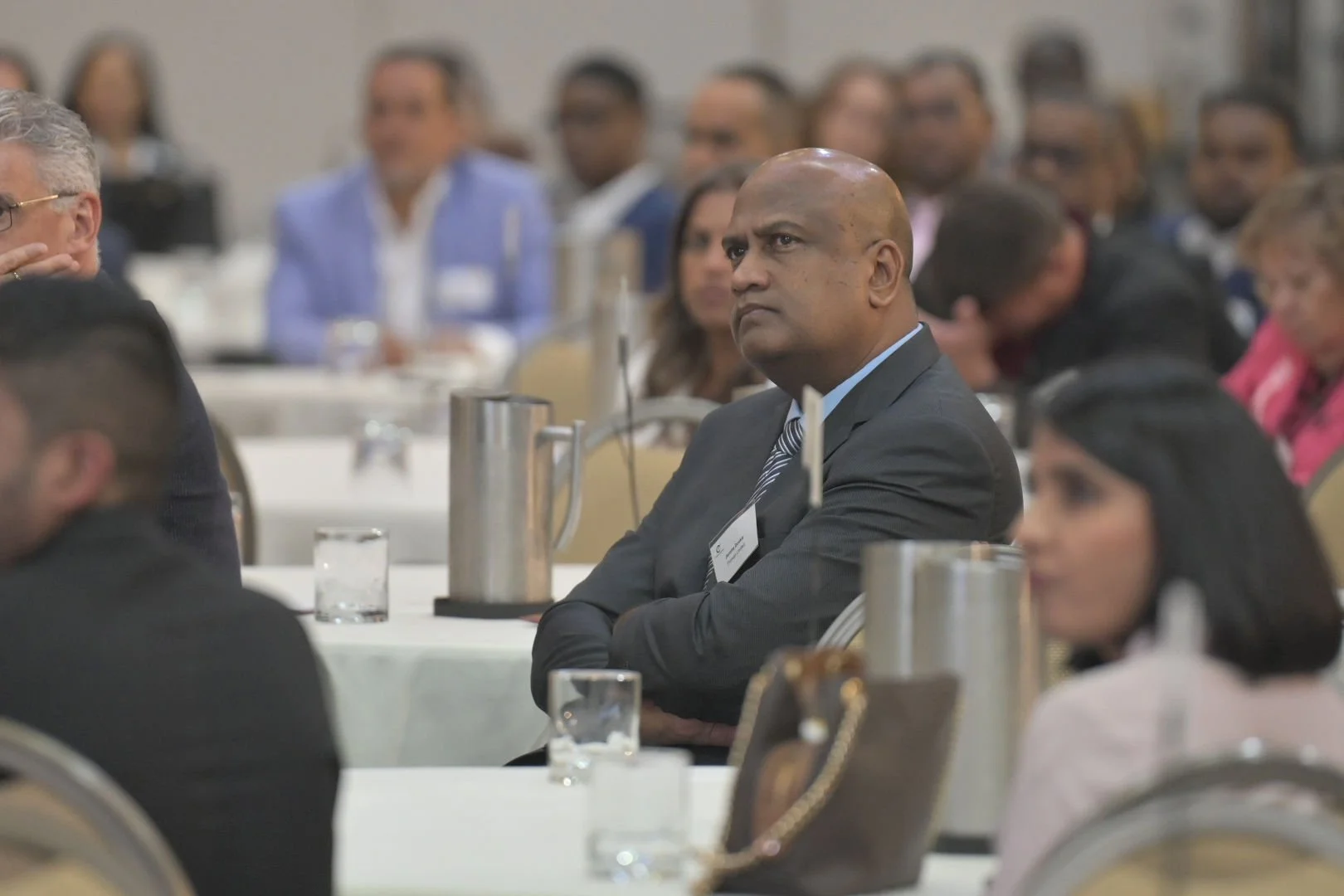The past year has been marked by some pivotal developments in the Trinidad & Tobago energy sector which we hope will set a positive future trajectory the industry, notwithstanding ongoing challenges.
The Energy Chamber’s strategic focus has continued to be on attracting investment to increase production of oil and gas whilst also investing in the decarbonization of our commodities and energy systems. We have also continued to focus on ensuring that our service company and contractor members are able to access the opportunities created by these investments and the ongoing work in the sector, while also being able to take advantage of Caribbean regional opportunities through improved regional integration.
Production levels of both oil and gas have slipped further due to natural reservoir decline, despite vibrant activity levels. New production has been brought onstream to offset declines and production from existing facilities being enhanced by investments in asset integrity. The industry has continued to focus on process safety and making the necessary investments to prevent any leaks, including a clear focus on methane reductions. Exploration activity has continued both in the shallow waters and in the new deepwater blocks. For the first time in many years, there has also been new gas brought online from onshore fields.
Commodity prices generally trended lower over the past year, though the restructured Atlantic agreements has meant that gas going into the LNG stream has attracted higher prices because it is now in part linked to European and Asian prices (rather than Henry Hub).
The regional geopolitics have been particularly important, with Trinidad & Tobago and Venezuela progressing the Dragon and Manakin-Cocuina gas field, despite tensions with the United States over sanctions and Guyana with the border controversy.
In the broader Caribbean region, Guyana has continued with the unprecedented pace of development of its oil reserves, with the first gas project also progressing.
There has also been significant progress in Suriname, with the first major offshore oil and gas development just being sanctioned for investment. In the rest of the Caribbean, the focus has continued to be on renewable energy development. Member companies have continued to pursue opportunities in the region, with the Energy Chamber continuing to promote the full implementation of the CSME, with a particular focus on the free movement of people.
In Trinidad & Tobago we have seen the first major grid-scale solar project begin construction in Point Lisas, with other small projects coming onstream. The focus on low carbon hydrogen has continued with a pilot project being announced and a major private-sector investment continuing to be advanced. The Energy Chamber hopes that we will see further developments in this area in the coming year.
In the electricity sector, the other major issue has been the rate review process. The Energy Chamber has been one of the few stakeholder organizations broadly supportive of the concept of increasing electricity prices, while leaving a subsidy in place for the lowest tier of electricity for households. The approved higher electricity rates from the Regulated Industry Commission are still under consideration by the Government.
As the Chair of the Energy Chamber, I have placed a focus on ensuring that we look after the interests of all our member companies, including our small contractor members. The Local Content Forum in November 2023 was a very successful event, and we have been working on some important initiatives coming out of that event including issue of late payments and the challenges of prequalification. Dialogue between contractors, sub-contractors and operators is very important for the future of our sector, and this is very high on my agenda.
I would like to close by thanking my fellow Board members for all their continued support and all of the members who have worked so hard on our various Taskforces and Committees.

